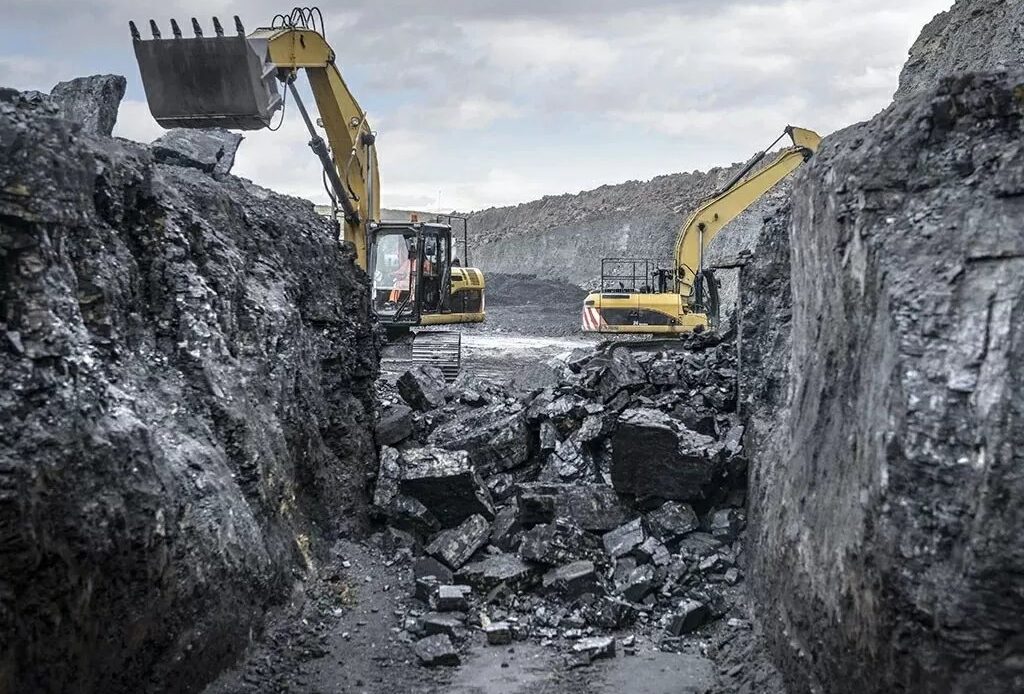
In a significant development with far-reaching implications for global geopolitics and economic stability, the United States and Ukraine have made important progress on a strategic mineral deal. This landmark collaboration aims to strengthen both countries’ access to critical raw materials that are essential to high-tech industries, defense capabilities, and energy transitions. With rising global demand for minerals like lithium, titanium, and rare earth elements, this agreement marks a pivotal moment in international efforts to diversify supply chains and reduce dependence on countries like China and Russia.
The partnership is also a strategic maneuver by the West to support Ukraine’s long-term economic resilience amidst ongoing conflict and to reinforce its position as a key player in the global mineral market. The deal reflects a broader Western interest in bolstering Ukraine not only militarily, but also economically, especially in sectors crucial for the 21st-century technological race.
**The Importance of Critical Minerals in Today’s Global Economy**
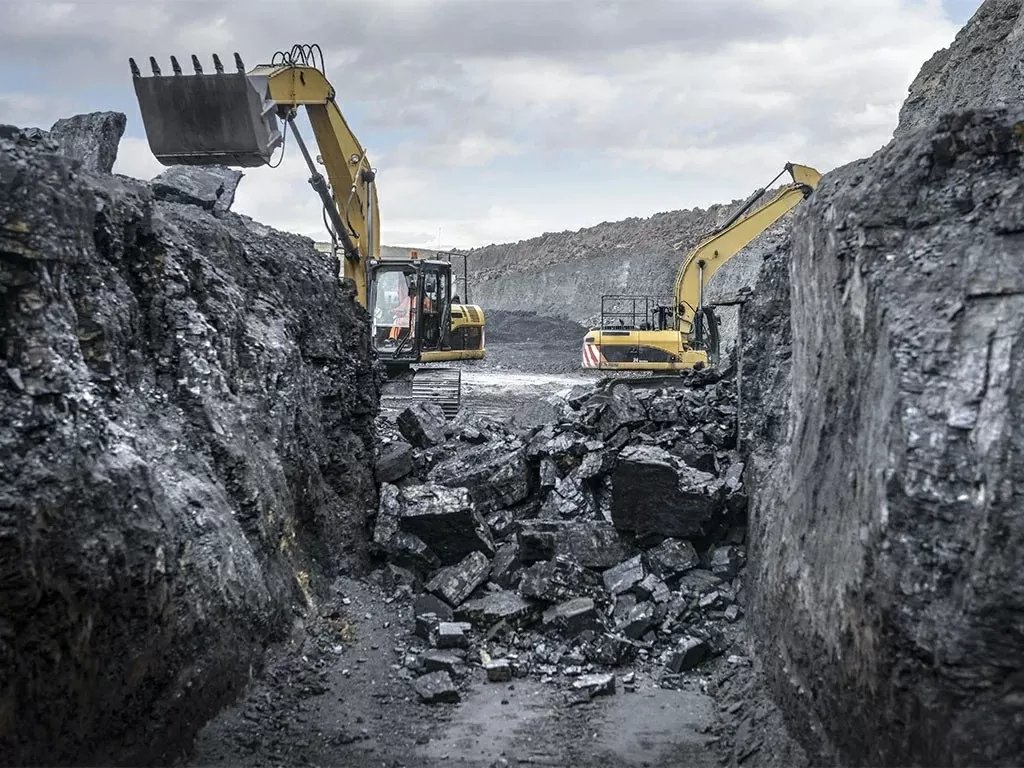
Critical minerals such as lithium, cobalt, nickel, and rare earth elements are the backbone of modern technology. From smartphones and electric vehicles to wind turbines and missile systems, these resources are indispensable. As the world accelerates toward digital transformation and clean energy, the demand for these minerals continues to skyrocket.
However, access to these resources is becoming a matter of national security. Currently, China dominates the processing and supply chains of many critical minerals, making Western nations increasingly uneasy. The Russia-Ukraine war has further underscored the vulnerability of global supply chains, prompting countries like the U.S. to diversify their sources and partners. This is where Ukraine comes in.
Ukraine is home to significant reserves of several key minerals. The country’s mineral-rich land has remained underdeveloped due to years of political instability and underinvestment, but the recent partnership with the U.S. is set to unlock that potential. The deal is not only timely but could also serve as a turning point for Ukraine’s economy and global standing.
**Details of the US-Ukraine Mineral Deal**
While specific clauses of the deal remain confidential, early reports indicate that it covers a broad framework of cooperation. The agreement is expected to facilitate American investment into Ukraine’s mining sector, provide technical and scientific support, and offer policy consultation on best practices in sustainable mining and environmental protection.
In addition, the partnership seeks to establish joint ventures between Ukrainian mining companies and American firms specializing in mineral exploration and extraction. This collaboration aims to boost production capacity, modernize Ukraine’s mining infrastructure, and ensure that extracted minerals meet international standards for quality and environmental compliance.
The deal also opens doors for Ukraine to receive assistance in developing regulatory frameworks and strengthening institutional capacities. This includes training programs for local professionals, access to American geological expertise, and the integration of advanced technologies for exploration and environmental monitoring.
**Strategic Implications for Both Countries**
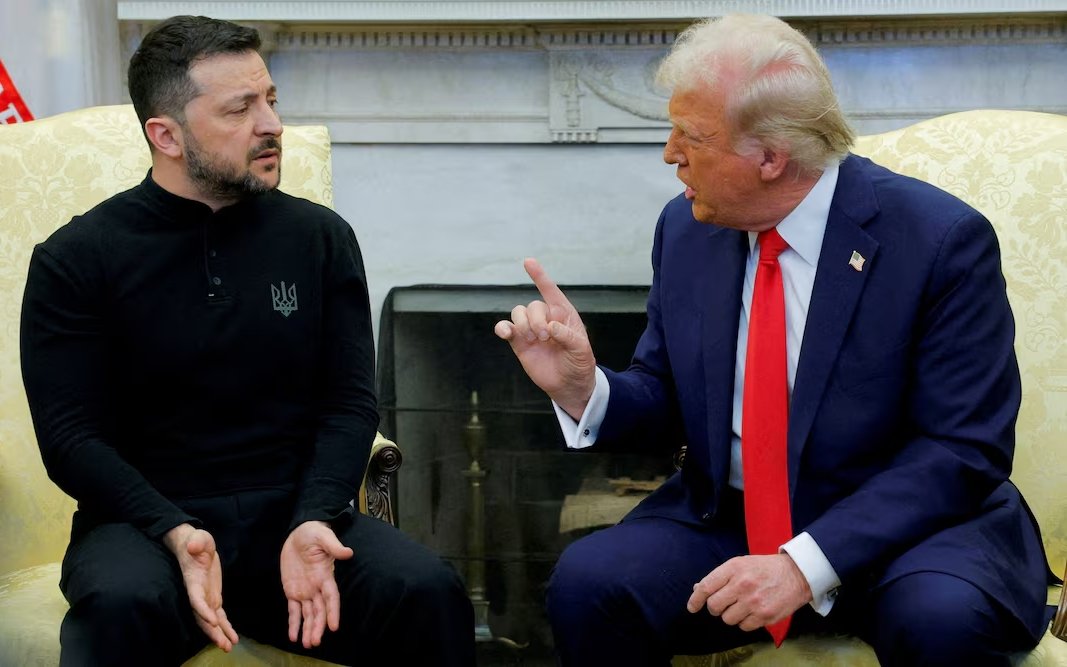
For the United States, this deal is a strategic victory in the battle to secure alternative sources of critical minerals. It complements the Biden administration’s broader agenda of reshoring supply chains, reducing reliance on Chinese exports, and supporting allies in key regions. Ukraine’s untapped resources could play a vital role in filling supply gaps and enabling the U.S. to meet its domestic and defense-related mineral needs.
For Ukraine, the benefits are equally profound. Beyond the immediate financial influx and technical support, the deal offers a pathway to post-war recovery and sustainable development. With its infrastructure devastated and economy strained by war, Ukraine needs long-term investments that can generate jobs, enhance exports, and promote innovation. The mineral sector, once modernized and expanded, could become a central pillar of Ukraine’s economic future.
Moreover, this partnership sends a strong geopolitical signal. It reaffirms U.S. commitment to Ukraine’s sovereignty and development, not just through military aid but also by integrating Ukraine into key Western economic systems. It strengthens Ukraine’s bargaining power on the international stage and helps shift the global mineral economy away from authoritarian-controlled sources.
**Environmental and Ethical Considerations**
One of the most critical aspects of the deal is its emphasis on sustainability. Both the U.S. and Ukraine have expressed their commitment to environmentally responsible mining practices. The deal outlines provisions for environmental impact assessments, community engagement, and the implementation of modern, low-impact mining technologies.
Ukraine has an opportunity to build its mining sector from the ground up with sustainability at its core—learning from the mistakes made by more developed mining nations. By adopting green technologies and ensuring transparent governance, Ukraine can position itself as a responsible and attractive partner in the global mineral supply chain.
At the same time, the U.S. aims to ensure that this collaboration avoids issues related to exploitation, corruption, or environmental degradation that have plagued similar deals in other countries. Accountability mechanisms and third-party audits may be included in follow-up agreements to maintain transparency and build public trust.
**Challenges and Potential Obstacles**
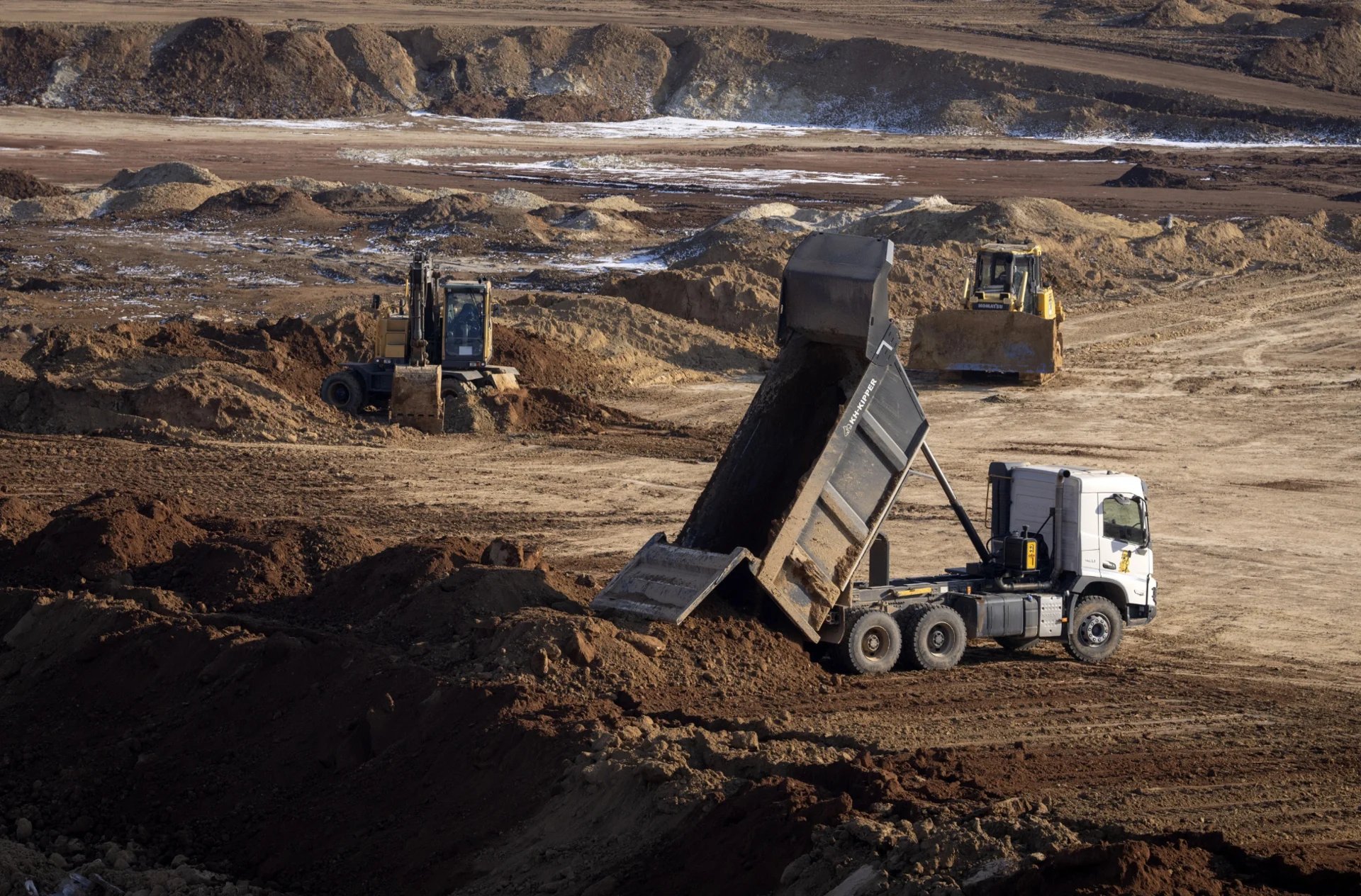
Despite the optimism surrounding the US-Ukraine mineral deal, several challenges remain. First and foremost is the security situation in Ukraine. Active conflict zones pose significant risks to mining operations and foreign investments. Even regions far from the frontlines may suffer from infrastructural deficiencies, bureaucratic hurdles, and corruption.
Furthermore, mining is a capital-intensive industry with long lead times. Extracting and processing minerals requires significant up-front investment, sophisticated machinery, and skilled labor—resources that may be difficult to mobilize in a war-torn country. There’s also the need to build new roads, railways, and processing facilities to support the logistics of the sector.
Additionally, the deal could face political pushback from rival global powers. Russia, in particular, may view this partnership as a threat to its own geopolitical interests. Cyberattacks, disinformation campaigns, or sabotage efforts could be employed to undermine the cooperation. China, too, might see the move as a challenge to its mineral dominance and respond by exerting economic or diplomatic pressure.
**Support from International Institutions**
To mitigate risks and maximize benefits, both nations are seeking support from international institutions. Organizations like the World Bank, the European Bank for Reconstruction and Development (EBRD), and the International Monetary Fund (IMF) may be brought in to provide financial backing, policy advice, and guarantees to private investors.
The European Union, already involved in its own Critical Raw Materials Act, has shown interest in Ukraine’s mineral resources as part of its Green Deal strategy. Joint coordination among the U.S., EU, and multilateral institutions could further strengthen Ukraine’s capacity to become a secure and sustainable source of critical minerals.
**The Future of the US-Ukraine Mineral Partnership**
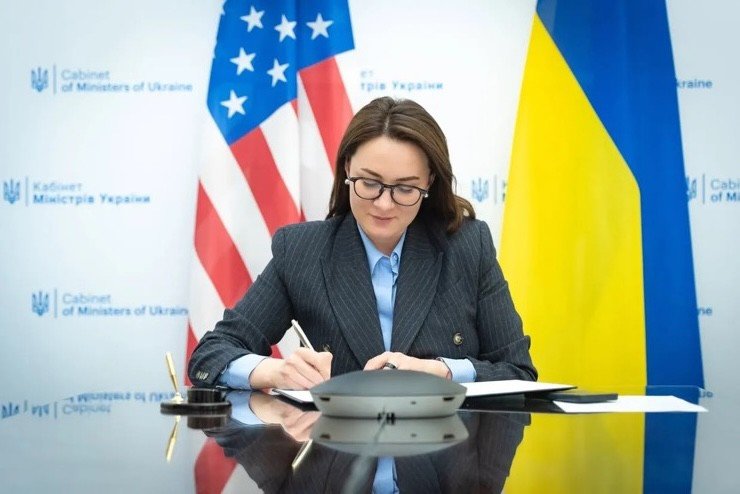
The progress made in this mineral deal represents more than just economic cooperation—it symbolizes a new chapter in US-Ukraine relations. As both countries move forward, future developments could include:
– A dedicated bilateral agency for overseeing mineral cooperation.
– Joint research and innovation programs on clean mining technologies.
– Expansion of the deal to include processing facilities and refining centers.
– Broader trade agreements focused on technology, energy, and industrial cooperation.
The success of this partnership could also serve as a blueprint for other nations seeking to diversify their critical mineral sources. It reflects a growing recognition that mineral security is a key component of national security in the modern world.
**Conclusion: A Win-Win Collaboration with Global Impact**
The recent progress on the US-Ukraine mineral deal marks a major step toward economic resilience, technological sovereignty, and geopolitical alignment. For Ukraine, it’s an opportunity to transform adversity into strength by leveraging its natural resources in a sustainable and globally significant way. For the United States, it’s a strategic maneuver to build robust, secure, and ethical supply chains for the minerals that will define the next century.
At its core, this agreement is about more than minerals—it’s about forging a resilient alliance built on shared values, mutual benefit, and a commitment to a stable, secure, and prosperous future. As both countries continue to develop the partnership, the world will be watching closely. The success of this deal could reshape not just the global mineral market, but the very fabric of international cooperation in an era defined by technological and environmental transformation.


